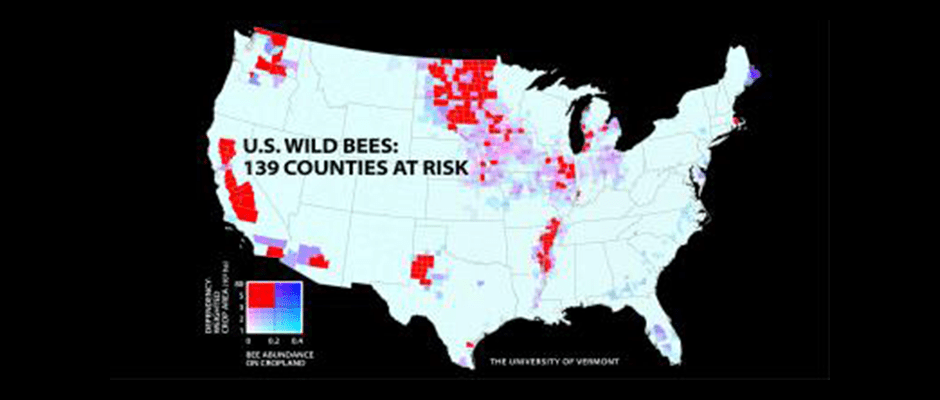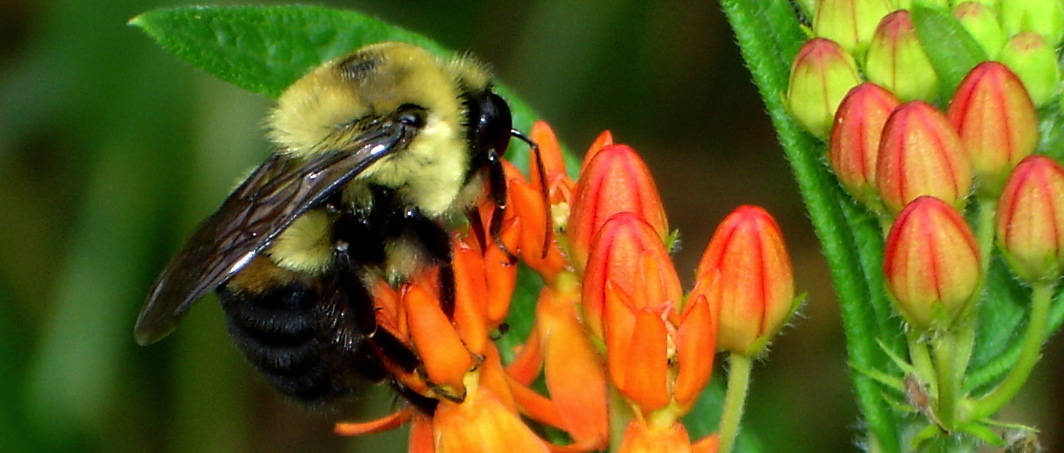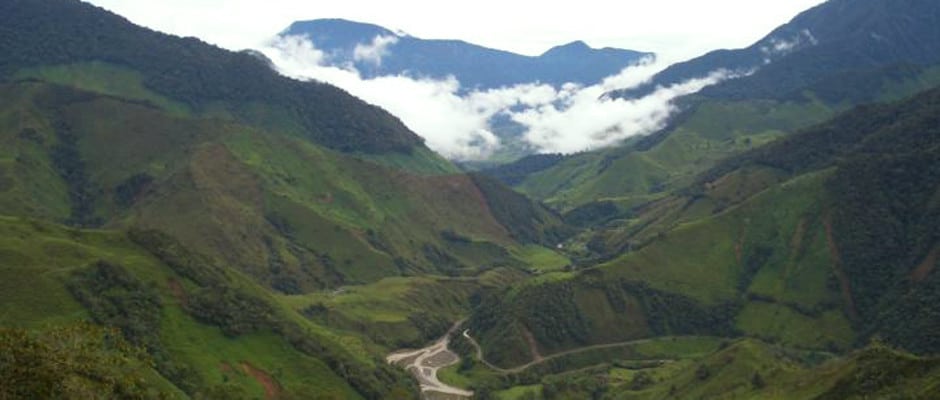- News
-
-
-
-
-
Latest News Articles
- 2024 TWS Elections: Southwest Representative April 25, 2024
- Can these butterflies fill the gap left by their extinct relative? April 25, 2024
- Q&A: TEK and the wildlife profession April 24, 2024
-
-
-
- Wildlife Professional Resources
-
- Our Network
-
- PUBLICATIONS
-
-
Recent Posts
-
 The Wildlife Professional November/December Issue
November 1, 2023
The Wildlife Professional November/December Issue
November 1, 2023
-
-
-
-
-
-
- Wildlife Events
-
-
-
Upcoming Webinars
- No Events
-
-
-
- Who We Are
-
Tag: Agriculture

January 12, 2016
Researchers Create Wild Bee Abundance Map in U.S.
When it comes to wild pollinators, a lack of cohesive information makes it difficult to know much about bee abundance in the United States. “Without knowledge of the current status,...

September 18, 2015
Bees Have Ways of Self-Medicating
It seems to make sense that chemicals such as alkaloids would be found in stems and leaves of plants and flowers as a way to deter potential herbivores. But it...

September 4, 2015
Intensive Farming May Not Hurt Tropical Bird Diversity
Farming more intensely in some areas may not impact tropical birds if it means leaving areas with more natural habitat alone, according to new research. “We need to be thinking...

